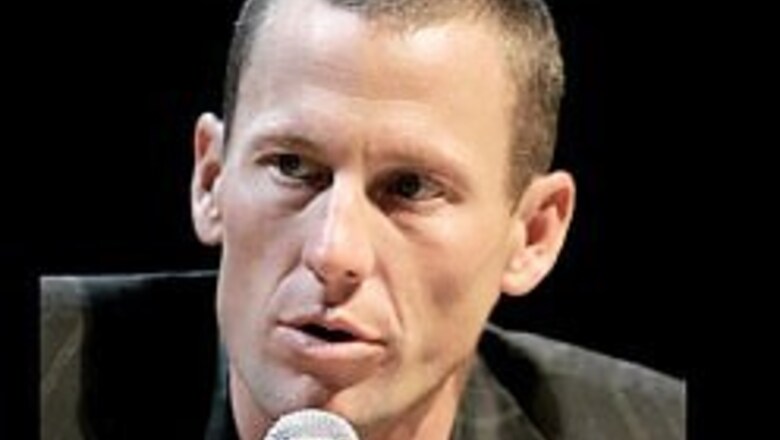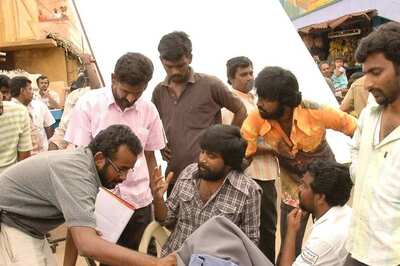
views
Paris: Lance Armstrong admitted he has taken the performance-enhancing drug erythropoietin (EPO) at the time he was treating his cancer, French daily Le Monde reported on Friday.
"According to new testimonies gathered from October 2005 to January 2006 by a court in Dallas, the seven-times Tour de France winner told a Indiana University Hospital doctor on October 28, 1996 he has taken performance-enhancing drugs," Le Monde said in a report to be published later on Friday.
"The doctor questioned him on a possible use of doping products after his brain surgery in order to prescribe his post-surgery treatment."
"In front of (former team mate) Frankie Andreu and his wife, who have testified under oath in Dallas, Armstrong said he had taken 'EPO, testosterone, growth hormones and cortisone'," Le Monde added.
The International Cycling Union (UCI), cycling's governing body, declined to comment when contacted.
American Armstrong, who retired after his record seventh consecutive victory last July, has always denied taking banned substances.
French sports daily L'Equipe reported last August that it had access to laboratory documents and that six of Armstrong's urine samples collected on the 1999 Tour showed "indisputable" traces of the blood-boosting drug erythropoietin.
Dutch lawyer Emile Vrijman, a former director of the Netherlands' national anti-doping agency, was appointed by the UCI last October to investigate the allegations.
Vrijman, who led the probe, said the World Anti-Doping Agency and the French national doping laboratory had effectively pronounced Armstrong guilty of a doping violation without sufficient basis.
WADA chairman Dick Pound rejected the Vrijman report as "bordering on the farcical."
By increasing the oxygen-carrying capacity of the blood, EPO increases the aerobic respiratory capacity of the muscles, making it irresistible to participants in endurance sports.
It is considered to be especially valuable in stage races, where it can offset the decrease in red blood cells that occurs over several weeks of racing.
The extent of the doping problem became undeniable after the Festina team scandal in the 1998 Tour de France, in which Willy Voet, a soigneur for the team, was apprehended with a huge cache of doping materials, including EPO.


















Comments
0 comment